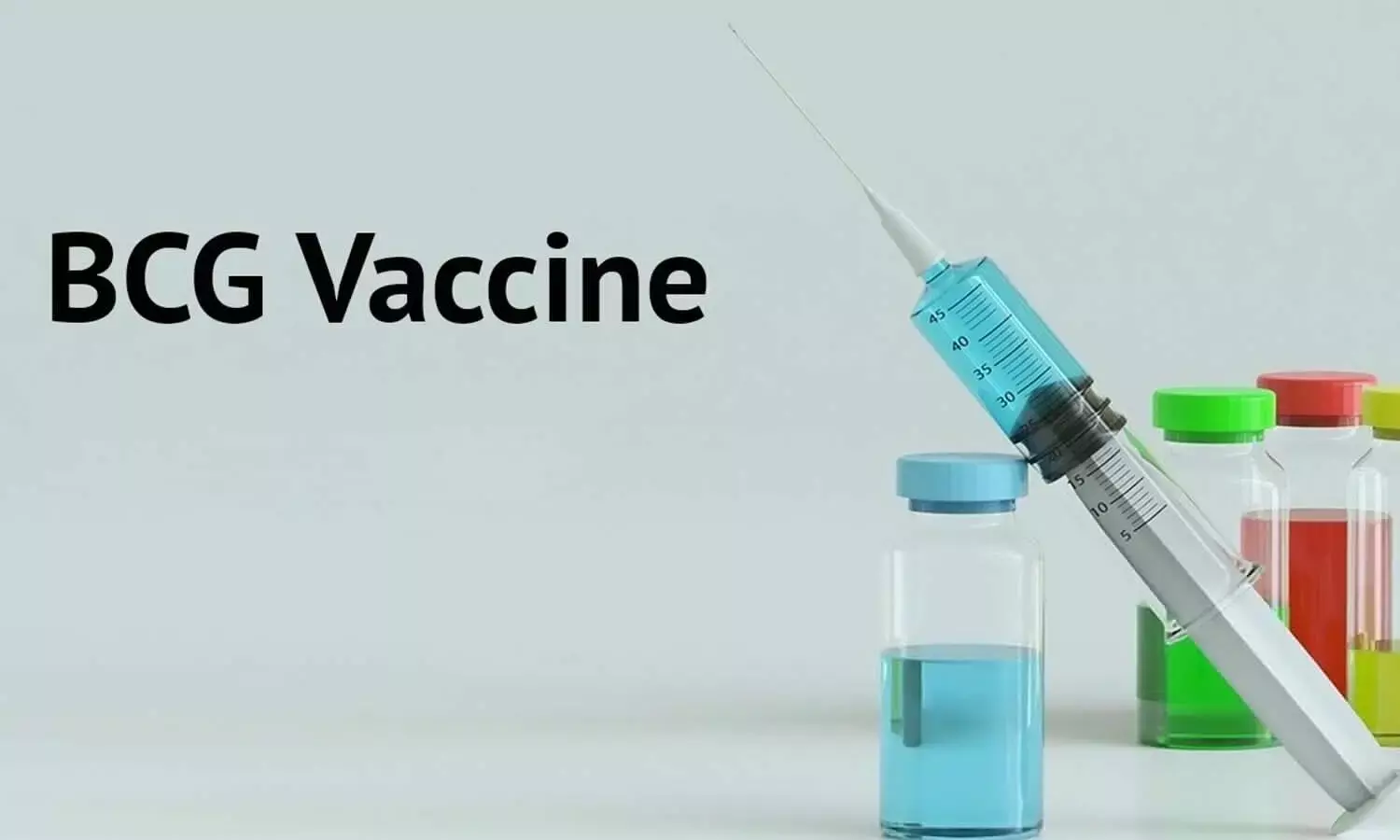- Home
- Medical news & Guidelines
- Anesthesiology
- Cardiology and CTVS
- Critical Care
- Dentistry
- Dermatology
- Diabetes and Endocrinology
- ENT
- Gastroenterology
- Medicine
- Nephrology
- Neurology
- Obstretics-Gynaecology
- Oncology
- Ophthalmology
- Orthopaedics
- Pediatrics-Neonatology
- Psychiatry
- Pulmonology
- Radiology
- Surgery
- Urology
- Laboratory Medicine
- Diet
- Nursing
- Paramedical
- Physiotherapy
- Health news
- Fact Check
- Bone Health Fact Check
- Brain Health Fact Check
- Cancer Related Fact Check
- Child Care Fact Check
- Dental and oral health fact check
- Diabetes and metabolic health fact check
- Diet and Nutrition Fact Check
- Eye and ENT Care Fact Check
- Fitness fact check
- Gut health fact check
- Heart health fact check
- Kidney health fact check
- Medical education fact check
- Men's health fact check
- Respiratory fact check
- Skin and hair care fact check
- Vaccine and Immunization fact check
- Women's health fact check
- AYUSH
- State News
- Andaman and Nicobar Islands
- Andhra Pradesh
- Arunachal Pradesh
- Assam
- Bihar
- Chandigarh
- Chattisgarh
- Dadra and Nagar Haveli
- Daman and Diu
- Delhi
- Goa
- Gujarat
- Haryana
- Himachal Pradesh
- Jammu & Kashmir
- Jharkhand
- Karnataka
- Kerala
- Ladakh
- Lakshadweep
- Madhya Pradesh
- Maharashtra
- Manipur
- Meghalaya
- Mizoram
- Nagaland
- Odisha
- Puducherry
- Punjab
- Rajasthan
- Sikkim
- Tamil Nadu
- Telangana
- Tripura
- Uttar Pradesh
- Uttrakhand
- West Bengal
- Medical Education
- Industry
BCG may play role in type 1 diabetes prevention but not type 2 diabetes

USA: Bacillus Calmette-Guerin (BCG) may play a role in type 1 diabetes (T1D) prevention but does not support the prevention of type 2 diabetes (T2D), most likely due to metformin's interference, according to a recent study featured in PLOS One.
"Our ecological analysis of global data indicates a role for neonatal BCG in T1D prevention and T2D to a lesser extent," Hans F. Dias and colleagues from the USA wrote in their study. "Randomized clinical trials are required to confirm these findings."
Diabetes is a common disease characterized by high blood sugar. An earlier clinical trial in patients with type 1 diabetes reported that repeat BCG vaccination lowered HbA1c values over a multi-year course. In the study, the research team seek to investigate whether BCG therapy for bladder cancer improves blood sugar levels in patients with comorbid type 1 and type 2 diabetes. They also investigated whether BCG exposure may reduce T1D and T2D onset by examining the country-by-country impact of BCG childhood vaccination policies concerning disease incidence.
For this purpose, the researchers first analyzed large datasets of US patients (Optum Labs data comprising 45 million adults, Quest Diagnostics comprising 263 million adults and Massachusetts General Brigham comprising 6.5 million adults). Subjects with documented type 1 diabetes (N = 19) or type 2 diabetes (N = 106) undergoing BCG therapy for bladder cancer were sorted out and then analyzed by retrospective assessment of BCG's subsequent year-by-year impact on blood sugar trends.
An ecological analysis of global data was also performed to examine the country-by-country associations between requisite neonatal BCG vaccination programs and type 1 diabetes and type 2 diabetes incidence.
The researchers reported the following findings:
· In adults with comorbid bladder cancer and diabetes, multi-dose BCG therapy was associated with multi-year and stable HbA1c lowering in T1Ds, but not in T2Ds.
· The lack of a similar benefit in type 2 diabetes may be due to the concurrent administration of metformin, a diabetes drug, which inhibits BCG's beneficial effect on glycolysis pathways.
· Countries with requisite neonatal BCG vaccination policies had a lower T1D incidence in two international databases and a lower T2D incidence in one of the databases.
Three different patient datasets demonstrated decreased HbA1c post-intravesical instillation of BCG for bladder cancer, even though the patients with type 1 diabetes were elderly and had the longstanding disease.
"The data indicate that BCG helps regulate blood sugar in T1D patients," the researchers wrote. "We observed that BCG's multi-dosing elicited a beneficial response."
"More thorough investigations should also be conducted into the possibility of T1D and T2D prevention based on observed associations between neonatal BCG vaccinations programs and diabetes incidence," they stated. "Further research is warranted to validate the potential beneficial effects of BCG on diabetes, including the requirement for multiple doses or a particular strain."
Reference:
Dias, H. F., Mochizuki, Y., Kühtreiber, W. M., Takahashi, H., Zheng, H., & Faustman, D. L. (2023). Bacille Calmette Guerin (BCG) and prevention of types 1 and 2 diabetes: Results of two observational studies. PLOS ONE, 18(1), e0276423. https://doi.org/10.1371/journal.pone.0276423
Dr Kamal Kant Kohli-MBBS, DTCD- a chest specialist with more than 30 years of practice and a flair for writing clinical articles, Dr Kamal Kant Kohli joined Medical Dialogues as a Chief Editor of Medical News. Besides writing articles, as an editor, he proofreads and verifies all the medical content published on Medical Dialogues including those coming from journals, studies,medical conferences,guidelines etc. Email: drkohli@medicaldialogues.in. Contact no. 011-43720751
Next Story


